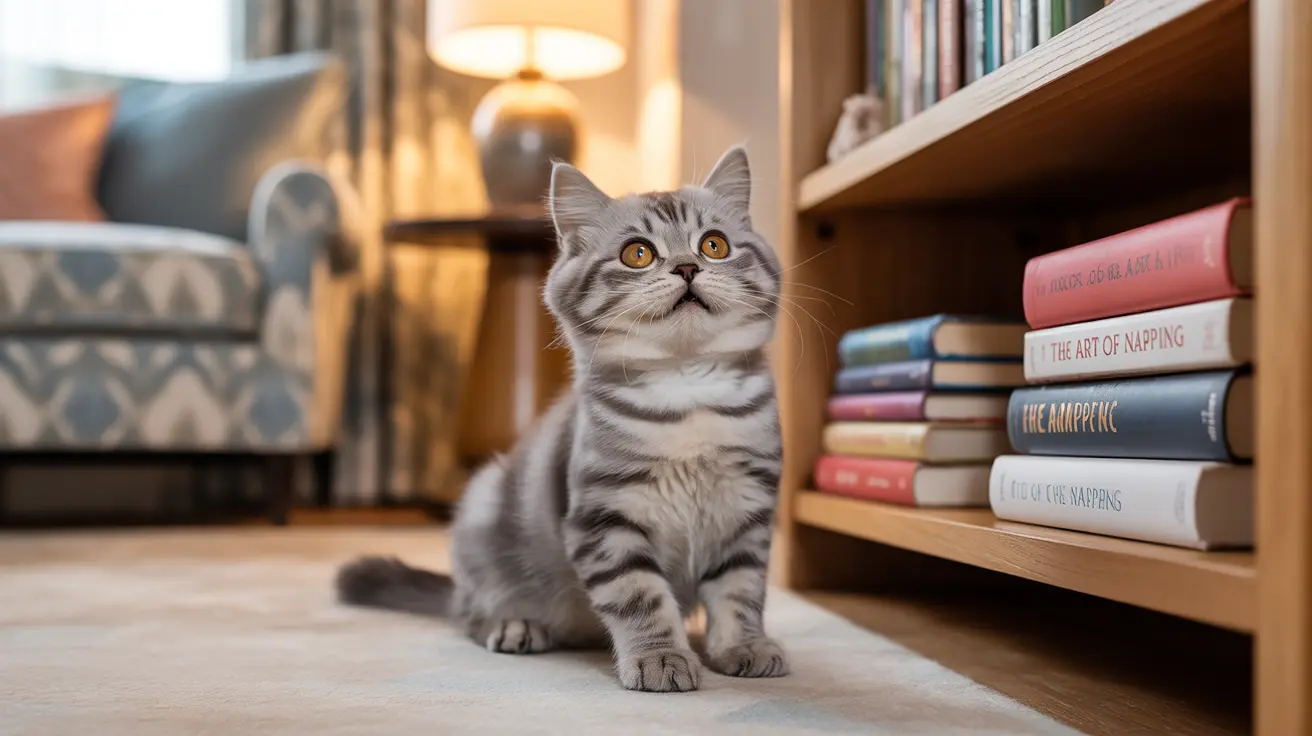Understanding Normal Cat Size Variations
Cats naturally come in different sizes, with healthy adult domestic cats typically weighing between 8 and 10 pounds. However, some breeds are naturally petite, while others are known for their larger size. For example, the Singapura breed typically weighs just 4-8 pounds, while Maine Coons can reach up to 20 pounds or more.
Genetic and Breed Influences on Cat Size
Genetics play a crucial role in determining your cat's size. Some breeds are naturally smaller due to their genetic makeup. The Singapura, Devon Rex, and Cornish Rex are examples of naturally small cat breeds. Additionally, some cats carry genes for dwarfism, like the Munchkin breed, which results in shorter legs while maintaining a normal-sized body.
Early Development and Nutrition Impact
A cat's size can be significantly affected by their early life experiences and nutrition. Kittens who experience malnutrition or illness during critical growth periods may remain smaller throughout their lives. Proper nutrition during the first few months of life is essential for reaching full size potential.
The Role of Being a Runt
If your cat was the runt of their litter, they might naturally be smaller than their siblings. While many runts catch up in size, some remain smaller throughout their lives, even with excellent care and nutrition.
Health Conditions That May Affect Size
Several medical conditions can impact a cat's size and growth, including:
- Parasitic infections
- Congenital defects
- Hormonal imbalances
- Metabolic disorders
- Chronic diseases
These conditions can affect nutrient absorption, metabolism, or overall growth patterns, resulting in a smaller-than-average cat.
When to Be Concerned About Your Cat's Size
While some cats are naturally small, certain signs warrant veterinary attention:
- Sudden weight loss
- Poor appetite or difficulty eating
- Lethargy or weakness
- Delayed growth in kittens
- Poor coat condition
- Digestive issues
Ensuring Proper Care for Small Cats
Whether your cat is naturally small or has health-related size issues, proper care is essential. This includes:
- Regular veterinary check-ups
- High-quality, age-appropriate nutrition
- Proper parasite prevention
- Monitoring weight and growth
- Addressing any health issues promptly
Frequently Asked Questions
Why is my cat so small compared to other cats of the same age?
Your cat may be small due to genetics, breed characteristics, or early life factors such as being the runt of the litter. Some cats are naturally petite, while others may be small due to nutritional or health factors during development.
Can poor nutrition during kittenhood cause my cat to stay small?
Yes, inadequate nutrition during critical growth periods can result in stunted growth and smaller adult size. This is why proper kitten nutrition is crucial for healthy development.
What signs indicate my cat might have dwarfism or a genetic growth disorder?
Signs of dwarfism include disproportionate body parts, particularly short legs, unusual facial features, and potential mobility issues. A veterinarian can properly diagnose genetic growth disorders.
How do underlying health issues like parasites or liver shunts affect my cat's size?
These conditions can interfere with nutrient absorption and metabolism, leading to poor growth and smaller size. Parasites can steal nutrients, while liver shunts can affect proper processing of nutrients and growth factors.
When should I take my small cat to the vet for a growth or weight concern?
Consult a veterinarian if your cat shows sudden weight changes, poor appetite, lethargy, or isn't growing as expected. Regular check-ups are important to monitor growth and development, especially in kittens and naturally small cats.
Conclusion
While having a small cat isn't necessarily cause for concern, understanding the reasons behind their size can help ensure they remain healthy and receive appropriate care. Regular veterinary check-ups, proper nutrition, and monitoring for any changes in health or behavior are key to maintaining your small cat's well-being, regardless of their size.






